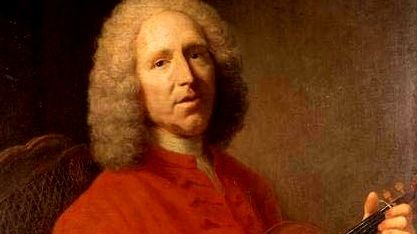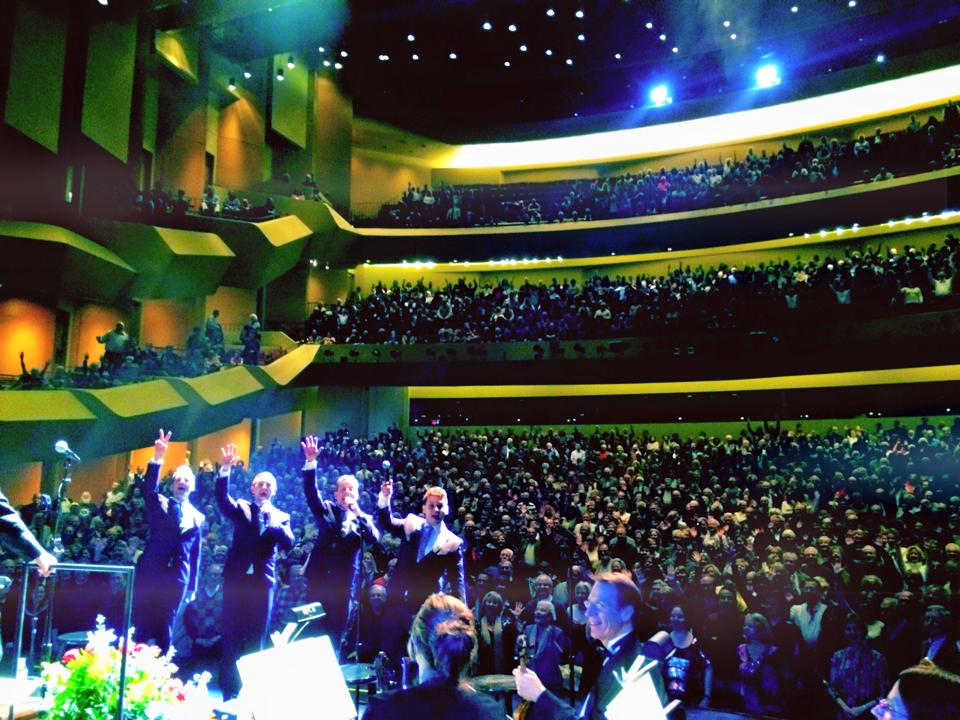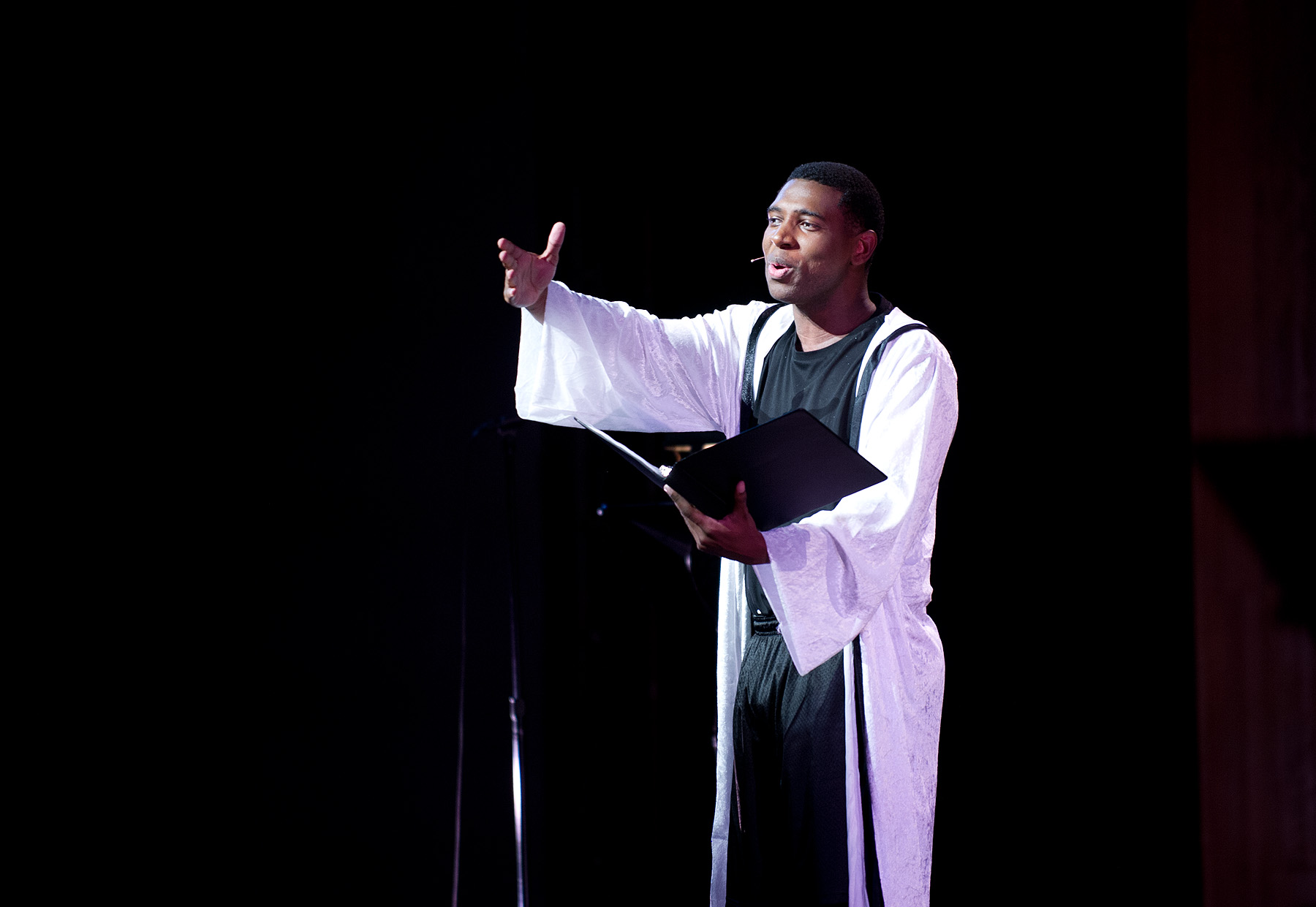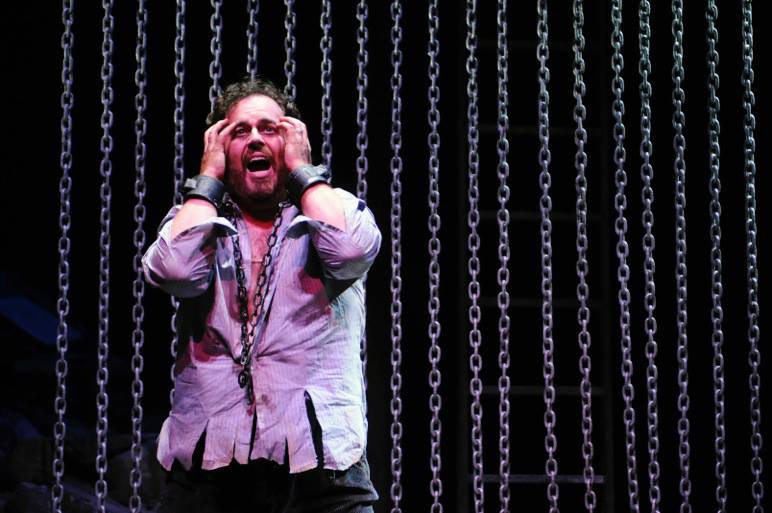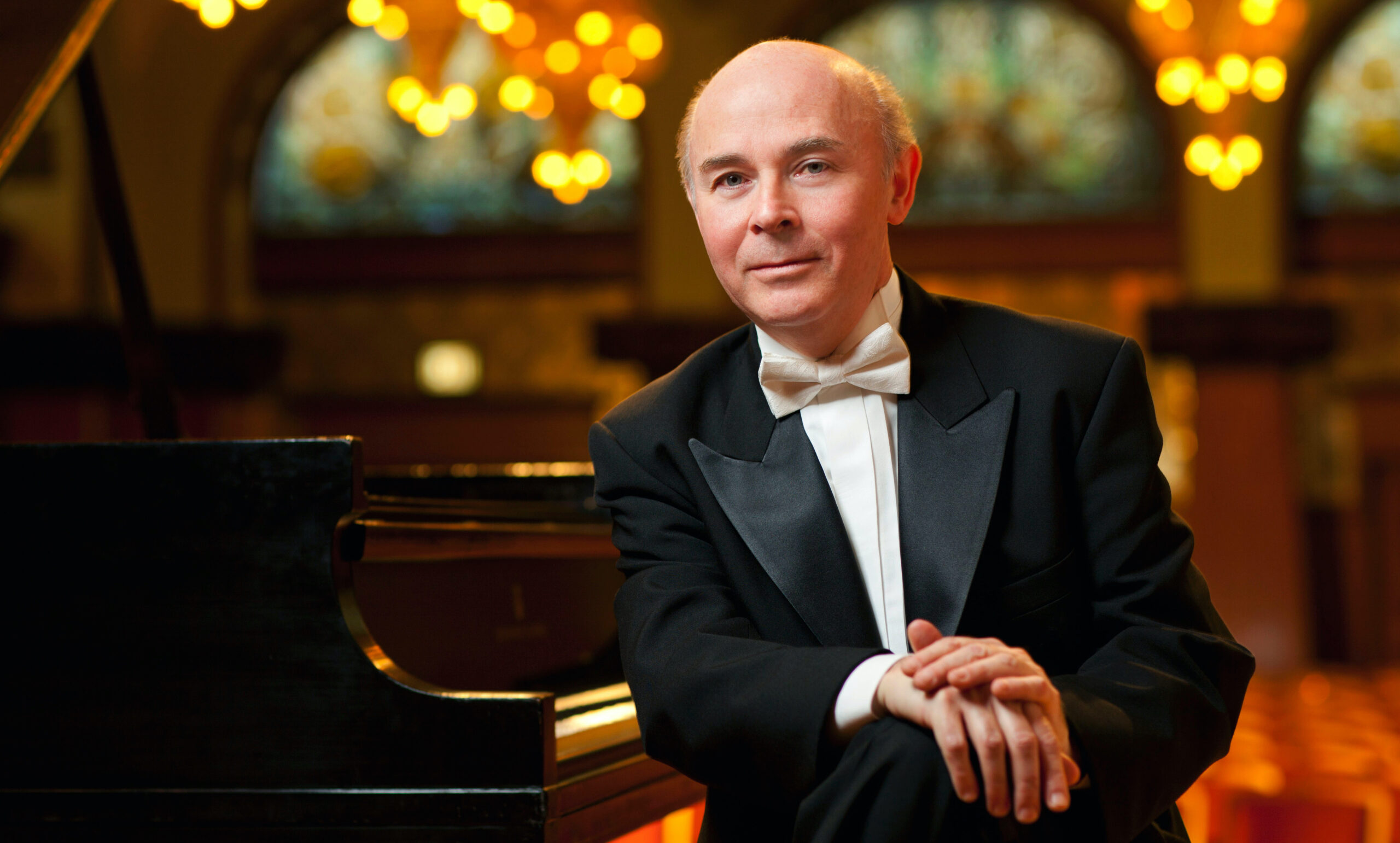Composer Jean-Philippe Rameau
Baroque and Classical Jewels – Music Without Borders
Louisville Orchestra
Gabriel Lefkowitz, conductor
A review by Annette Skaggs
Entire contents are copyright © 2021 by Annette Skaggs. All rights reserved.
As the Louisville Orchestra emerges from the height of the pandemic, the re-introduction of the successful Music Without Borders is, well, music to the ears.
While “home” is at the Kentucky Performing Arts, it is fun to see our merry band of musicians out and about in the community.
The series begins with Baroque and Classical Jewels, featuring three distinctly different composers of the Baroque era: Jean-Phillipe Rameau of France, Antonio Vivaldi of Italy, and Johann Sebastian Bach of Germany. The evening wraps up with arguably one of the fathers of the Classical era, W. A. Mozart.
While we usually see him as the Concertmaster, it is always a treat to see Gabriel Lefkowitz pick up the baton and ascend the podium, figuratively, as was the case of this evening’s performance venue at The Jeffersonian in Jeffersontown. As he addressed the nearly sold-out crowd, he shared that the programming of the evening was considered the Black Sheep of the season. The Baroque sound is often predictable because of similar tonalities and harmonies. So how does one shake up those expectations? Focus on composers who shook up the established way of writing.
To that end, the Louisville Orchestra chose an exciting set of “think outside of the box” composers.
Mr. Lefkowitz further explained that while the Baroque era had its commonalities, it still was a Wild West of Music and the evening’s selections were proof of that because of their respective approach to harmonies and instrumentation.
The evening begins with Rameau’s Overture to Zaïs, a heroic pastoral work that tells the story of the mythological creation of the Cosmos, or if you like, an 18th Century look at the Big Bang. I would love to share the whole of the story with you, as I am a sucker for mythology, I’ll spare you, but what Rameau was able to convey through his composition almost makes you feel like you were part of that primordial ooze.
The overture begins simply with a mallet to the skin on the bass drums, which serves as a wake-up call for what’s to come. Through a series of interspersed melodies and harmonies, we can hear the Universe form, despite how disorganized it may sound. While the piece is relatively short, it demands concentration because of the disjointed noise. Our Orchestra handled it with aplomb.
So, from the chaotic beginning of time, we next go to the under-utilized use of the cello.
By and large, the cello was used simply as a tool to double the sound of the bass, not really giving it an audience as to the marvelous sound that it creates, instead of giving the Viola Da Gamba more orchestral time.
Fortunately, Antonio Vivaldi recognized how versatile the cello sound can be and wrote numerous concerti featuring the instrument. However, while there are many solo cello works, he only wrote one for two cellos.
Concerto in G Minor for Two Cellos, Strings and Continuo, RV 531 is perhaps one of Vivaldi’s most dramatic works. It starts strong right out of the gate. Within the Allegro we can hear a glimpse of Winter that is part of his famous Four Seasons, but that familiar tune moves away rather quickly allowing for a showcasing of melody by the solo celloists, Nicholas Finch and Lillian Pettitt.
While there was an odd reverb of strings at the end of the Allegro, the remaining movements were pleasing and well maneuvered. Within the Largo, Sebastian Chang brought his continuo prowess to the forefront and truly helped to solidify the continuity and excellent playing by our soloists.
J.S. Bach’s Brandenburg Concerto No. 4 in G Major, BMV 1049 has been part of the orchestral canon since its debut in the early 1700s. Astonishingly, this work is at the beginning of his career as a composer as he had primarily been a performer up to that point.
As part of six concerti that are part of the Brandenburg Concerto works, this piece features the use of what he called flauti d’echo (echo flutes) in his score. With the talents of Kathleen Karr and Jake Chabot on flute and Gabriel Lefkowitz on violin, the piece comes alive.
Mr. Lefkowitz shared that the concerto is a study in harmony and tonality innovation. Within the first movement, Allegro, the flutes align and play off of the supporting orchestra. The use of continuo adds to the excitement and conversation. Within the Andante the flutes have an almost intimate conversation with the audience. Our soloists’ delivery of this conversation was in every sense of the word, embraceable. With a mesmerizing violin cadence in the Presto, it is easy to see how Bach was able to express varied sounds and feel from his instruments.
Closing the evening we are treated to W.A. Mozart’s Symphony No. 35 in D Major, K. 385, also known as the “Haffner”. While the movements are distinctive in their styles, the whole of the symphony is rather light and celebratory. And true to Mozart’s style, he often tinkered with the composition and finally landed on what we hear now in 1783.
While it can’t be discounted that Mozart borrowed from himself in the course of writing this symphony, it doesn’t discount his genius and affection for composing. And as much as I could go into the details on theory and musicology, I will refrain from doing so and the reason why is quite simple; this was Mozart when Mozart was Mozart. He was successful and happy at this time and this piece certainly articulates this period of his all too brief life.
How did our Louisville Orchestra handle this oft-performed piece of musical history, you ask? As the bow struck and glided over the last stringed note of the piece, I had one thought in mind as to the performance: this was perhaps one of the best-played Haffners I’ve heard in years.
I didn’t hear a note out of place, the pacing was perfect and the volume just so.
I hope to see you in the audience soon. You won’t be sorry.
Bravi Tutti!
Baroque and Classical Jewels – Music Without Borders
November 11, 2021
Louisville Orchestra
The Jeffersonian
10617 Taylorsville Road
Louisville, KY 40299
Louisvilleorchestra.org
Annette Skaggs is heavily involved as an Arts Advocate here in Louisville. She is a freelance professional opera singer who has performed throughout Europe and in St. Louis, Cincinnati, Boulder, Little Rock, Peoria, Chicago, New York and of course Louisville. Aside from her singing career, she has been a production assistant for Kentucky Opera, New York City Opera, and Northwestern University. Her knowledge and expertise have developed over the course of 25+ years’ experience in the classical arts.

